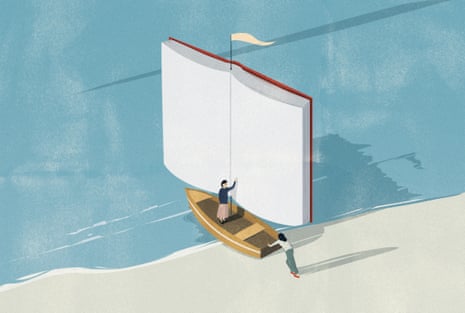I would never say to a woman director, “This is my book, this is my perspective. If you want to make a film, you have to stick to it.” I wouldn’t say anything, even if she systematically betrayed my text, even if she wanted to use it simply as a launch pad for her own creative impulse.
That’s what I thought when Maggie Gyllenhaal, an actor I love, announced that she would adapt a novel of mine, The Lost Daughter, for the screen. I’m attached to that book in a particular way. I know that, with it, I ventured into dangerous waters without a life preserver. And part of me would like the story in Gyllenhaal’s images to adhere faithfully to my story, to never go outside the perimeter I drew.
But my less primitive self knows that there’s something much more important at stake than this instinct to protect my own inventions. Another woman has found in that text good reason to test her creative capacities. Gyllenhaal has decided, that is, to give cinematic form not to my experience of the world but to hers, starting from The Lost Daughter.
It’s important for me – for her, for all women – that her work be hers and turn out well. Mine already exists, with its strengths and defects. In the great warehouse of the arts, set up mainly by men, women have for a relatively short time been seeking the means and opportunities to give a form of their own to what they have learned from life. So I don’t want to say: you have to stay inside the cage that I constructed. We’ve been inside the male cage for too long – and now that that cage is collapsing, a woman artist has to be absolutely autonomous. Her search shouldn’t encounter obstacles, especially when it’s inspired by the work, by the thought, of other women.
Being co-opted into the long, authoritative tradition created by men should not be the cost of making art. The stakes are higher: women have to contribute to an artistic genealogy of our own that stands up – in terms of intelligence, refinement, skill, richness of invention, emotional density – to the male tradition. In other words, we need to emphasise the force of our works – a force that is increasingly asserting itself, and profoundly modifying the sensibility of even the best men.
There is nothing wrong with a man wanting to make a film from my books: in fact, it is a positive sign. But in that case, I would tend not to be acquiescent. Even if he had a strongly defined vision of his own, I would ask him to respect my view, to adhere to my world, to enter the cage of my story without trying to drag it into his. It will do him more good, perhaps, than me.
